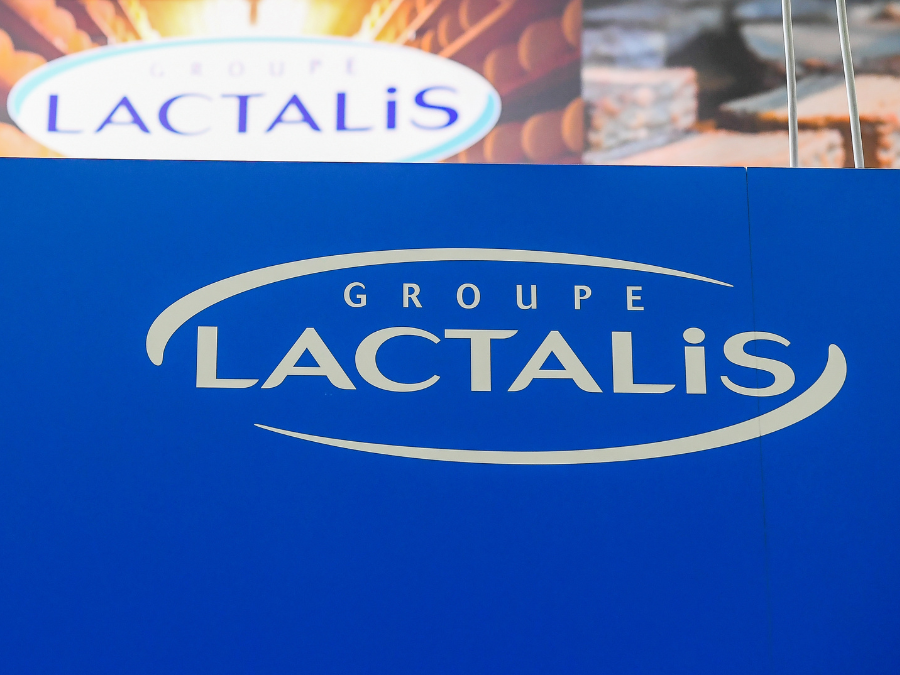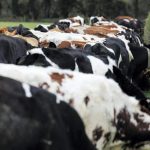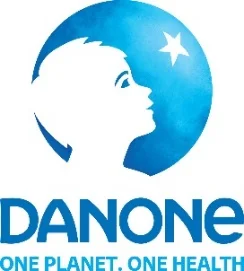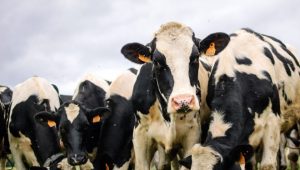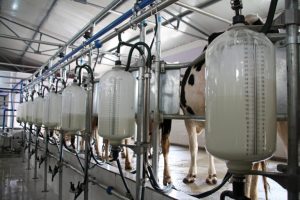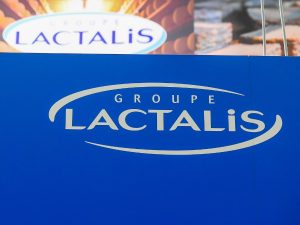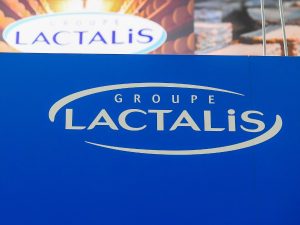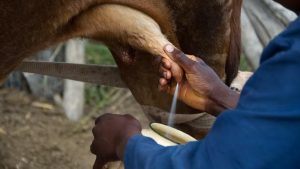
French dairy group now has clearance to finalise the acquisition of Fonterra-Nestlé JV – Dairy Partners Americas.
Lactalis will enter a dairy licensing deal in Brazil under a regulatory condition permitting the purchase of a Fonterra-Nestlé joint-venture company.
Brazil’s competition regulator – the Administrative Council for Economic Defense (CADE) – cleared the drawn-out acquisition yesterday (11 October) for French dairy major Lactalis to acquire Dairy Partners Americas, or DPA Brasil.
Lactalis first struck a deal for DPA in December in a 700m reais (then $131.5m) agreement after partners Fonterra and Nestlé had put the venture on the market in 2019. However, CADE voiced “horizontal competition” concerns in July, effectively blocking the transaction pending a review.
To get the deal sanctioned, Lactalis and DPA proposed a licencing agreement with a local partner for dairy desserts, petit suisse and fermented milks, the product areas where CADE was most concerned about a lessening of competition, or as the regulator put it, “greater market concentration”.
Under a so-called seven-year merger control agreement (ACC) – with a possible extension of three years – the two dairy companies proposed licensing the Batavo and Batavinho brands of fermented milk and petit suisse to Brazilian dairy business Tirol.
According to CADE, Tirol has “recognised operations in the dairy products sector, especially in the southern region of the country”.
Victor Oliveira Fern, the CADE ‘rapporteur’ for the case, said: “By licensing brands for an extended period, the possibility of forming a strong and competitive rival in the sector is made possible, being an effective means of ensuring that the market remains dynamic and competitive.
“This is a solution that CADE has already implemented in previous cases and for which it has expertise in terms of construction and monitoring.”
New Zealand-headquartered Fonterra and Switzerland-based Nestlé had set up the DPA venture in 2003, with the former holding the largest share of 51%.
Lactalis first entered Brazil in 2013 when Parmalat, its part-owned Italian dairy business at the time, acquired gourmet cheese specialist Balkis Indústria e Comércio de Laticínios through Lactalis’ Brazilian subsidiary. Lactalis went on to build up its stake in Parmalat into full ownership.
In 2014, Lactalis-owned Parmalat acquired a slew of dairy plants and assets from Brazil’s BRF – now one of the country’s major meat processors – including the contentious Batavo brand, along with the Elegê and Cotochés lines.
Then in 2019, the privately-owned French group completed a deal for Brazilian dairy cooperative Itambé Alimentos, and in 2021 bought Confepar Agro-Industrial. The company claims to be the largest milk-collection business in Brazil.
“Pulverised market
Lactalis, via its local subsidiary Lactalis do Brasil, acknowledged the licensing agreement with Tirol for the Batavo and Batavinho brands, a deal it said is expected to be “formalised soon”.
The French major confirmed it currently operates 23 plants across Brazil and once the DPA transaction is completed will employ more than 10,900 staff in the country.
DPA, meanwhile, has two plants located in Araras, São Paulo state, and Garanhuns in Pernambuco, employing 1,300 people. It also supplies dairy products under the Nestlé brand and also Chamyto, Ninho, Chandelle, Chambinho, Neston and Molico.
Patrick Sauvageot, the CEO for Lactalis’ southern division in Brazil, said: “This acquisition is another step towards building a strong and responsible leader for Brazil’s dairy chain.
“We know that it’s a very pulverised market and very difficult for all the players who are part of it, from the dairy farmer to the customers, including the industries. But our ambition is to continue investing throughout Brazil to create value for the entire dairy chain.”
Tirol had not replied to Just Food’s request for comment on the licensing agreement at the time of writing.
According to CADE rapporteur Fernandes, there were initial concerns about “horizontal overlap” in nine national product and processing areas in Brazil.
He identified fermented milk, yogurt, petit suisse, dairy desserts and cream cheese, as well as milk collection in the states of São Paulo, Pernambuco, Paraná and Minas Gerais.
The statement added: “Vertical integrations between milk collection activities in these states, supplying powdered milk and powdered whey for the production of refrigerated dairy products were also evaluated.
“The market has a very relevant competitive fringe made up of regional players, especially in the Northeast, South and Southeast of the country.”
Fernandes concluded: “Despite having identified this market as national in scope, it was observed that these regional players have the capacity to rival large national players and that, after the operation, the level of concentration in this national market tends to be seen in a less worrying way.”
